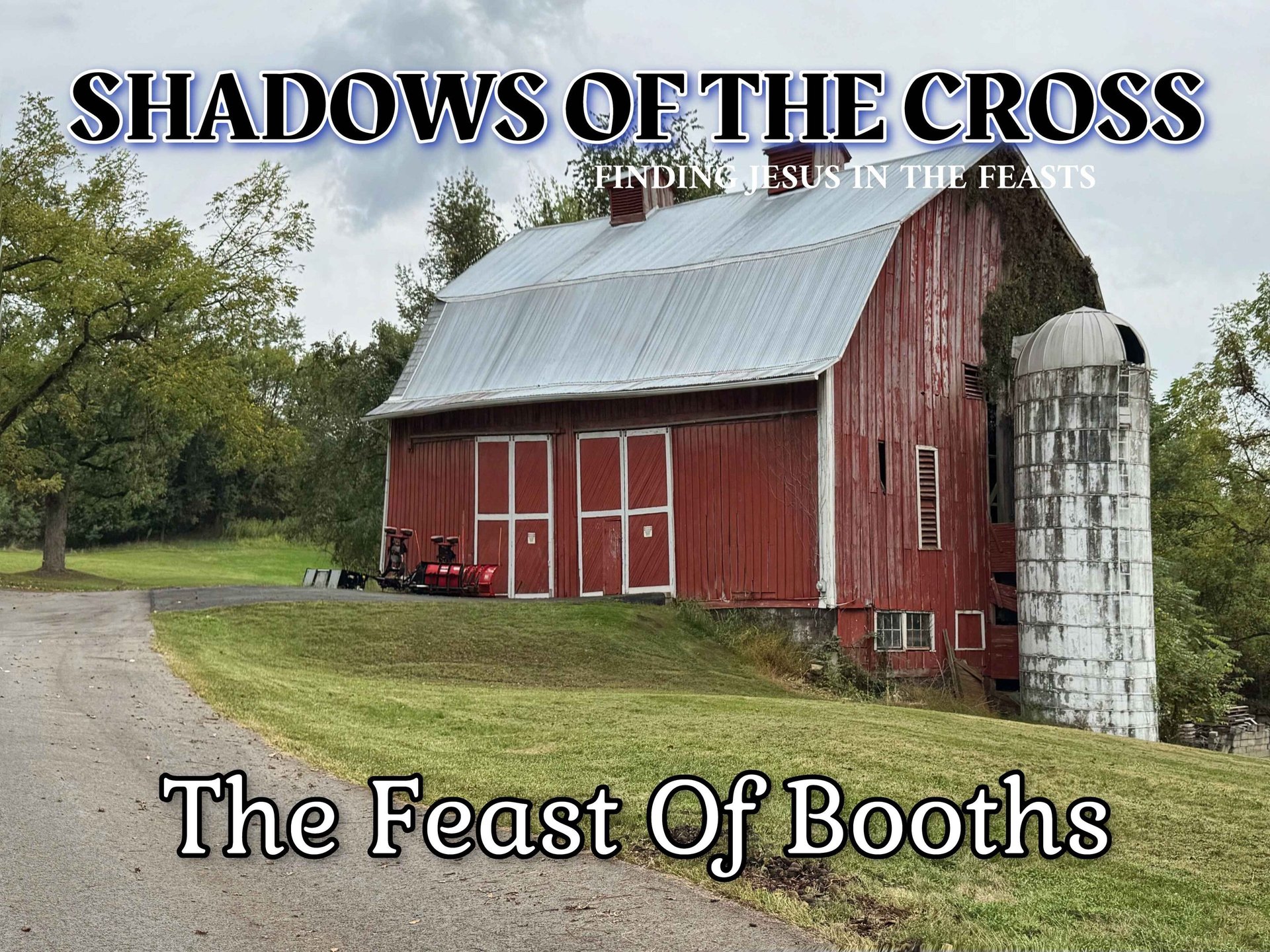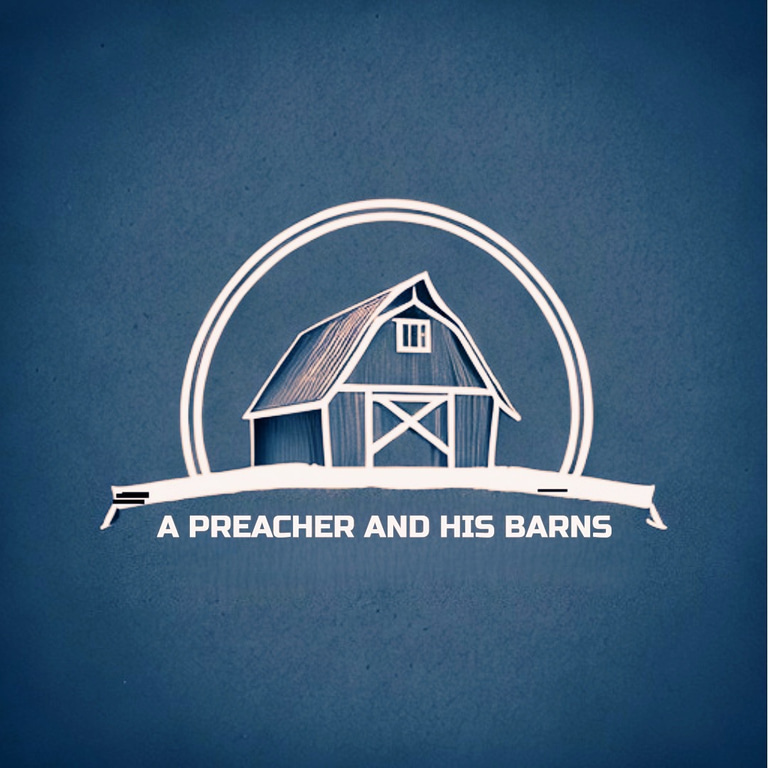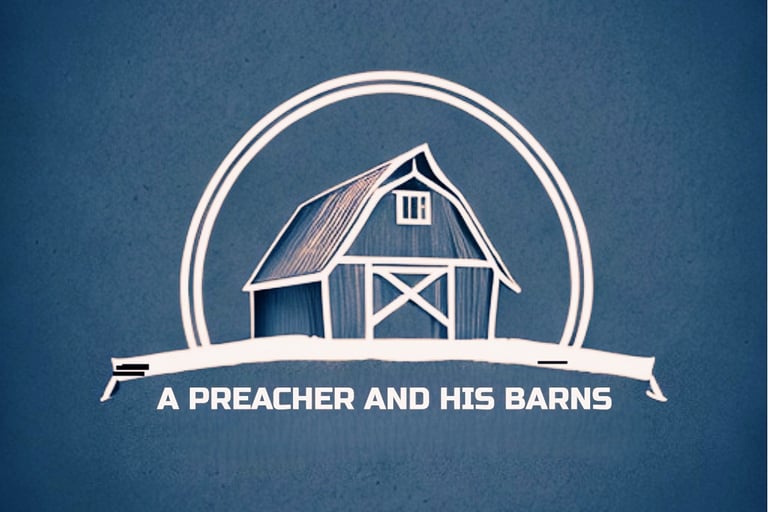The Feast Of Booths
We, too, dwell in temporary tents. Our homes, our bodies, our lives — they’re all fragile shelters.


The Feast Of Booths
Dwelling Under His Shadow
“You shall dwell in booths for seven days … that your generations may know that I made the sons of Israel dwell in booths when I brought them out of the land of Egypt.” — Leviticus 23:42–43
The Feast Of Booths is actually taking place right now. It began at sundown on October 6 and continues for seven days. Let’s look at what it is, what it means and how it points to Jesus.
Sukkot — the Feast of Tabernacles — is a celebration of dependence and joy. For seven days, God’s people left the comfort of their homes and lived in temporary shelters, or sukkahs, made from branches and leaves. The walls were thin, the roofs leaky, and the stars visible above. But that was the point.
Each booth reminded Israel that when God brought them out of Egypt, they survived not because of sturdy walls or full barns — but because He was with them. The wilderness became a classroom where they learned that security doesn’t come from bricks and mortar, but from His presence.
During Sukkot, families would eat, sing, and even sleep in those fragile booths — a vivid act of trust. It was one of Israel’s most joyful feasts, marking the end of the harvest and the abundance of God’s provision. Gratitude and dependence met under the same roof of branches.
We, too, dwell in temporary tents. Our homes, our bodies, our lives — they’re all fragile shelters. Yet even in their frailty, God covers us with His presence. The Feast of Tabernacles whispers, “You are not home yet, but you are not alone.”
Where do you find security apart from God? How can you feel at home in a world that is not your home? Have you built “walls” to feel safe? That’s not where God’s true peace and security comes from.
Step into the booth of faith — flimsy by design, but overshadowed by His glory.


